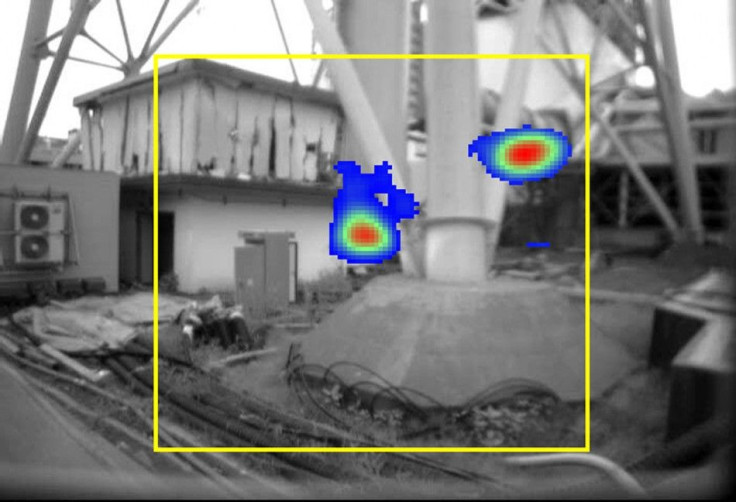Radiation Fears Prompt Russia To Bar More Than 100 Used Cars From Japan

Russia has barred some 132 used Japanese cars from entering the country due to radioactive pollution concerns.
Rospotrebnadzor, the country's consumer watchdog agency, said it is very much concerned about the unsettled contaminated water leaks that continue to spring out from Japan's crippled Fukushima nuclear power plant.
The 132 used cars were part of 165 batches of contaminated goods that were denied to enter Russia. Aside from the cars, there were also vehicle spare parts.
Russia has likewise implemented strict monitoring on incoming fish deliveries from Japan, particularly those caught in the Pacific Ocean.
"Particular attention is paid to this issue in Russia's Far East, where radiation control of fish is being wieldy implemented, including the distribution chain," Rospotrebnadzor said in its Web site. This meant that Japanese food imports are prohibited to be brought to Russia unless these have official papers issued by a relevant and competent Japanese body. The papers must state that any level of radioactive substances is below the required norm established by the Customs Union of Russia, Belarus and Kazakhstan.
The agency noted all Japanese food products undergo a compulsory check for radioactive cesium.
So far, the country has not received any fish or other food products that "don't meet sanitary regulations on radiation indicators," the agency said.
The Fukushima nuclear power plant got crippled in March 2011 after a massive 9.0 strong magnitude earthquake shook the country which sent off a corresponding tsunami that eventually hit the nuclear facility.
Situated 250 kilometres from Tokyo, Japan's capital city, the plant's operator TEPCO did not acknowledge that tons of contaminated water had leaked into the Pacific Ocean from the Fukushima plant until July 2013. Moreover, TEPCO failed to control such leakages.
Rospotrebnadzor said the strict monitoring of all cargos coming from Japan will continue in 2014.





















